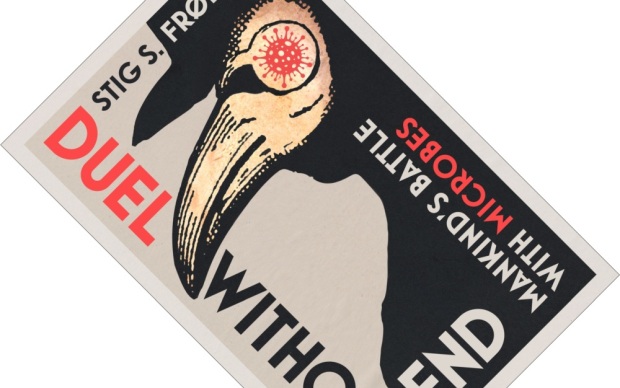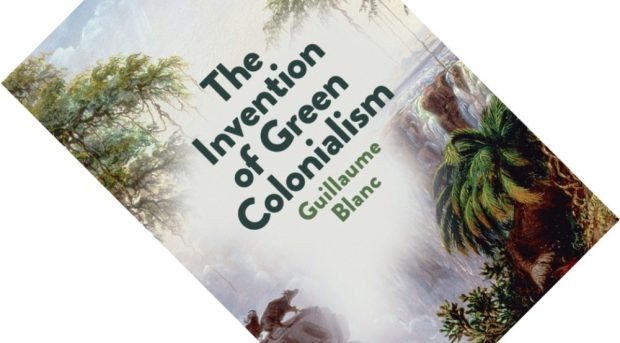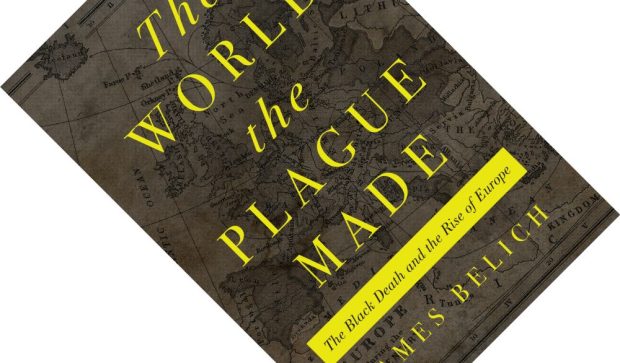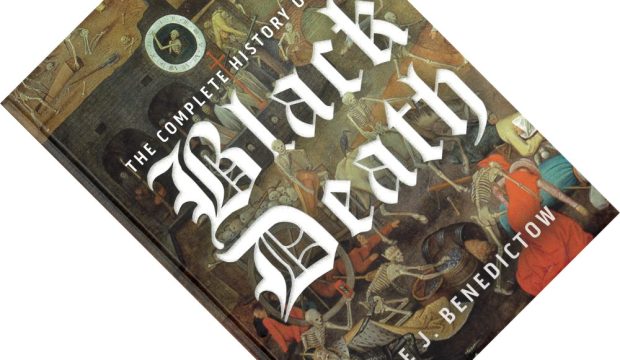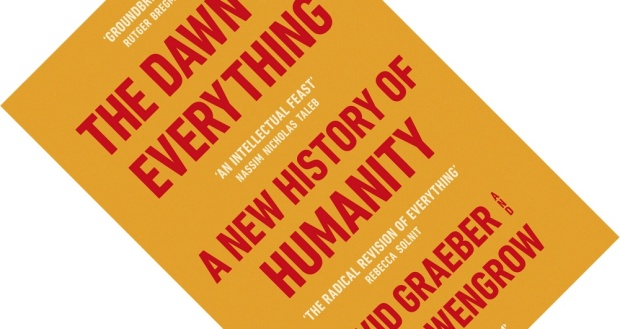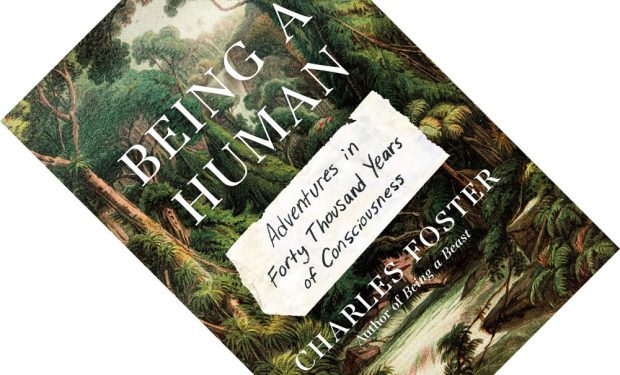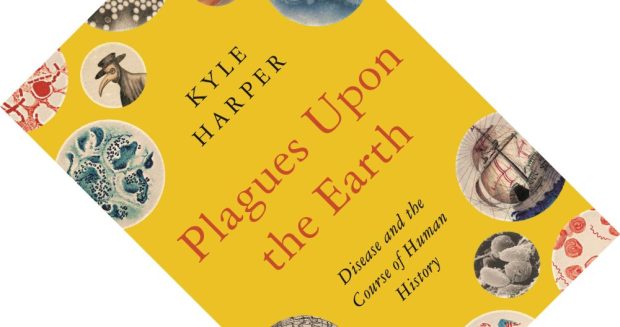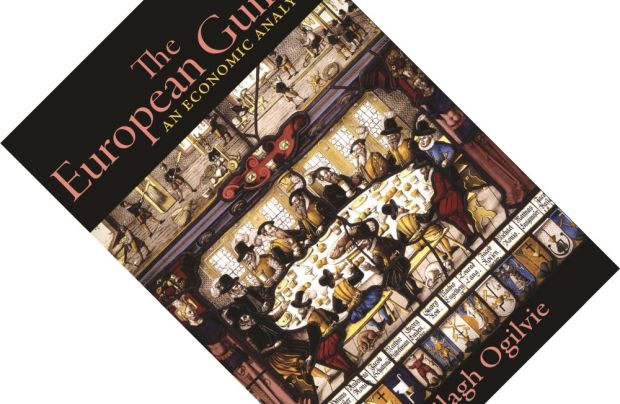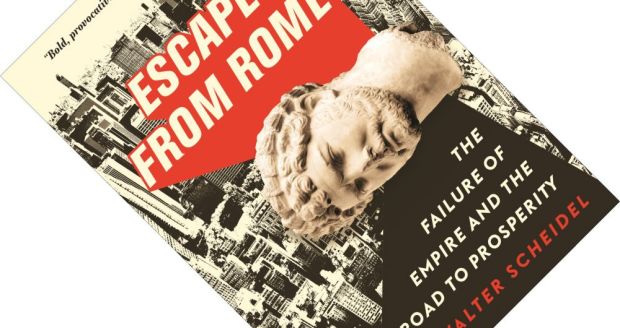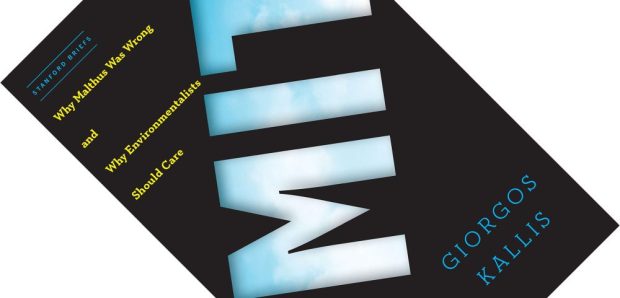7-minute read
keywords: epidemiology, history, pandemics
Like every other species on the planet, humans suffer from infectious diseases caused by bacteria, viruses, fungi, and other microorganisms. What sets us apart is a set of nifty tricks—the fruits of several centuries of scientific and medical advances—that allow us to strike back and gain a measure of control. And yet, as Norwegian professor of medicine Stig S. Frøland writes, this is a duel without end: we can win many battles, but we will never win the war. This book, driven by his interest in history and backed by his medical expertise, provides a good all-round introduction to the history of infectious diseases and the many ways in which we have sought to prevent and cure them.

